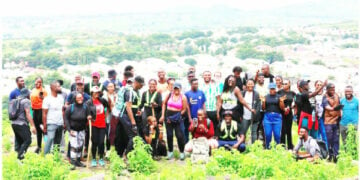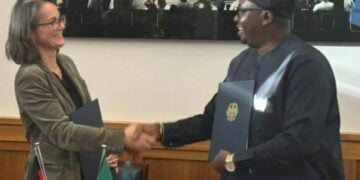Youth development experts have called for a renewed investment, mentorship and stronger institutional support for Nigeria’s young people and those working with them.
The call was made during a public lecture organised by the Leadership Institute for Youth and Early Childhood Management Professionals (LYMP), held at the Lagos State University (LASU). The event brought together educators, policymakers and youth mentors from across the country.
Delivering the keynote address, the president of LYMP, Dr Michael Omotosho, emphasised the critical roles played by mentors and childcare professionals in shaping the moral, emotional, and educational development of young Nigerians.
“Youth workers are the unsung heroes nurturing our future leaders. Their work in guiding, mentoring, and protecting children is essential to building a resilient and responsible generation,” Dr Omotosho said.
He noted that Nigeria stands at a crossroads, with its youthful population offering both a challenge and an opportunity for national progress.
He stressed the need for proper training, policy support, and collaboration among schools, families and civic organisations to empower youth professionals.
One of the lectures, titled, “Leading the Gen Z Generation,” examined the characteristics and challenges of young people born between 1997 and 2011.
The speaker described Gen Z as “super-connected digital natives” who have grown up with social media, smartphones, and artificial intelligence. While this exposure offers opportunities, it also presents challenges in attention span, discipline and social values.
“Many of today’s young people are highly creative and tech-savvy, but they need mentorship to channel those skills positively. We cannot abandon them to social media influences; instead, we must guide them,” one of them remarked.
The discussion highlighted concerns about the growing culture of instant gratification and materialism among young people.
In one example, a 500-level law student recounted how a 16-year-old boy aspired to buy a ₦25 million car, reflecting what experts described as a distorted sense of value and urgency among some Gen Z youths.
The participants urged parents, educators, and community leaders to play active roles in mentoring the younger generation. They also called on the federal and state governments to fund youth development programs and provide structured training for childcare professionals.
Omotosho underscored the importance of volunteerism, lamenting that “many young Nigerians now ask ‘how much will you pay?’ before engaging in community service.” He challenged youths to also reflect on what they are contributing to national growth.





